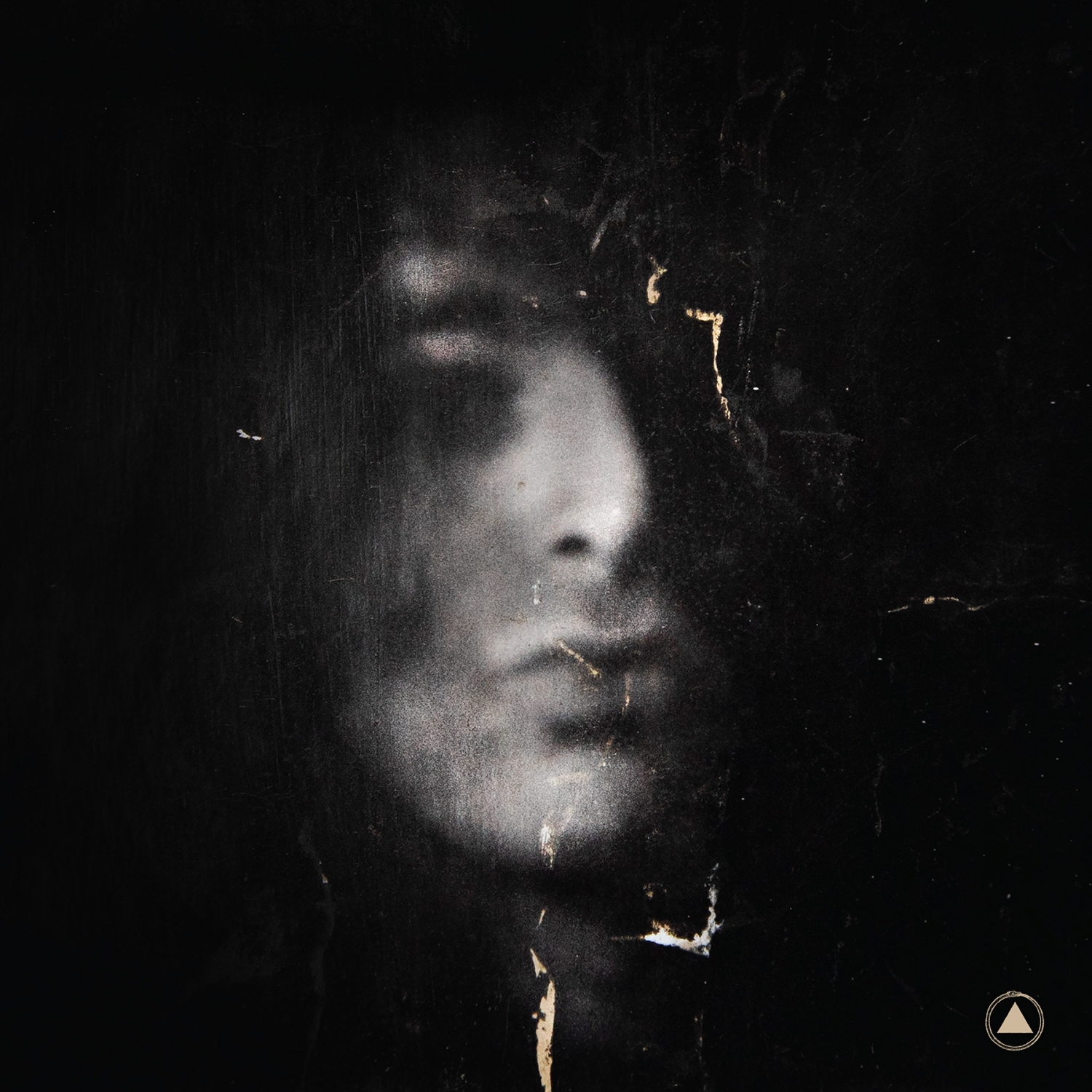The Breakdown
Sacred Bones Records have recently released the lost album from Alan Vega, Mutator. Vega’s name is synonymous with unfettered creativity, from the late 1950s, through his years playing in Suicide, and all the way up until his death in 2016, Vega was constantly creating. This process naturally led to a wealth of material that didn’t see the light of day immediately when it was recorded, which came to be known as the Vega Vault. Mutator is the first in a series of archival releases from the Vault that will come out on Sacred Bones Records. It was recorded with his longtime collaborator Liz Lamere and discovered in the vault in 2019 by both Lamere and his close friend and confidante Jared Artaud (The Vacant Lots). Soon after they mixed and produced the songs into the visionary album that was lurking within those tapes.
The visual artist, musician, and poet Alan Vega was born in Brooklyn in 1938. He co-founded the massively influential avant-garde band Suicide with Martin Rev in 1970, with whom he performed off and on throughout his life. Suicide’s debut album was included among Rolling Stone’s list of the 500 greatest albums of all time, and it was a formative work in the invention of synth-punk, post-punk, art rock, industrial music, and more. Vega would go on to have a prolific career as a solo artist. His hit song ‘Jukebox Babe’ led to a contract with Elektra Records, who released two albums including the cult classic Saturn Strip, produced by Ric Ocasek. From there, rejecting the commercial machine, he went back to his roots, doing a deep dive into experimenting with sound in the studio. This era resulted in new solo records coming out consistently throughout the next several decades; starting with Deuce Avenue, continuing through Dujang Prang (on Henry Rollins’ 2.13.61 imprint), and culminating with his masterpiece It. Vega considered the albums from this period the audio counterpoint to his visual art that reflected the world around him while simultaneously delving into universal themes. It makes his work as relevant today as it was then.
It was during this period that he began working with Liz Lamere, who became his wife and the most crucial collaborator of his solo career. Lamere, along with fellow Vega collaborator Jared Artaud, discovered in 2019 the lost Vega album Mutator, which they co-produced and mixed. Along with creative director Michael Handis, they are now spearheading the Alan Vega Vault project, which aims to bring rare and unreleased work from throughout Vega’s career to the public for the first time. The record was recorded with Lamere at Vega’s NYC studio from 1995-1996, and it serves as a document of a particularly fertile time in his creative life. He had 11 full-length solo albums come out during the ‘80s, ’90s and ‘00s — plus numerous collaborations, and Suicide records A Way of Life, Why be Blue and American Supreme. Mutator wasn’t shelved intentionally, but Vega’s back-to-the-grindstone M.O. meant that he had moved on to making his next record before this one was finished.
At the time of the Mutator sessions, Vega was massively inspired by what was happening in the streets of New York — not only the hip hop scenes that were exploding throughout the outer boroughs, but also the literal sounds of the streets, the traffic noise and industrial ambience of city living. That influence trickled into the sounds he and Lamere captured in those sessions. That sensibility, paired with Vega’s unmistakable voice and force of personality, is what made it the great album it is now. The final piece was the production job, completed by Lamere and Artaud 25 years after the songs were first captured.
Opening with ‘Trinity’, a short blast of pure experimental Vega that opens the album in the best way imaginable, before moving into ‘Fist’; a fast tempo drives the track with complex layers of synth sounds playing over a driving beat and effected vocals. It’s a raw, no holds barred, poignant sign of the times it was created and a tantalising look back into the past. ‘Muscles’ continues with a harsher, more cutting edge that is almost uncomfortable to listen too. ‘Samurai’ mellows considerably and is probably as close to melodic as you’ll ever hear from Vega, it offers a poignant beauty that isn’t often associated with him; but before you get too comfortable ‘Filthy’ returns back to the sound we know and love with a title that is all too apt. ‘Nike Soldier’ is the Vega song you didn’t realise you were missing from your life, until you hear it – if you are a Vega or Suicide fan, there is nothing not to like. ‘Psalm 68’ is a largely instrumental offering that was no doubt intended to be Vega’s take on the sacred, and concluding ‘Breathe’ is so weightless in its execution its almost meditative.
The mere mention of Vega’s name invokes reverence and the emergence of a lost album left many nervous as to what it contained – they needn’t have worried, it’s as pure as the rest of his catalogue and just as brilliant.














No Comment